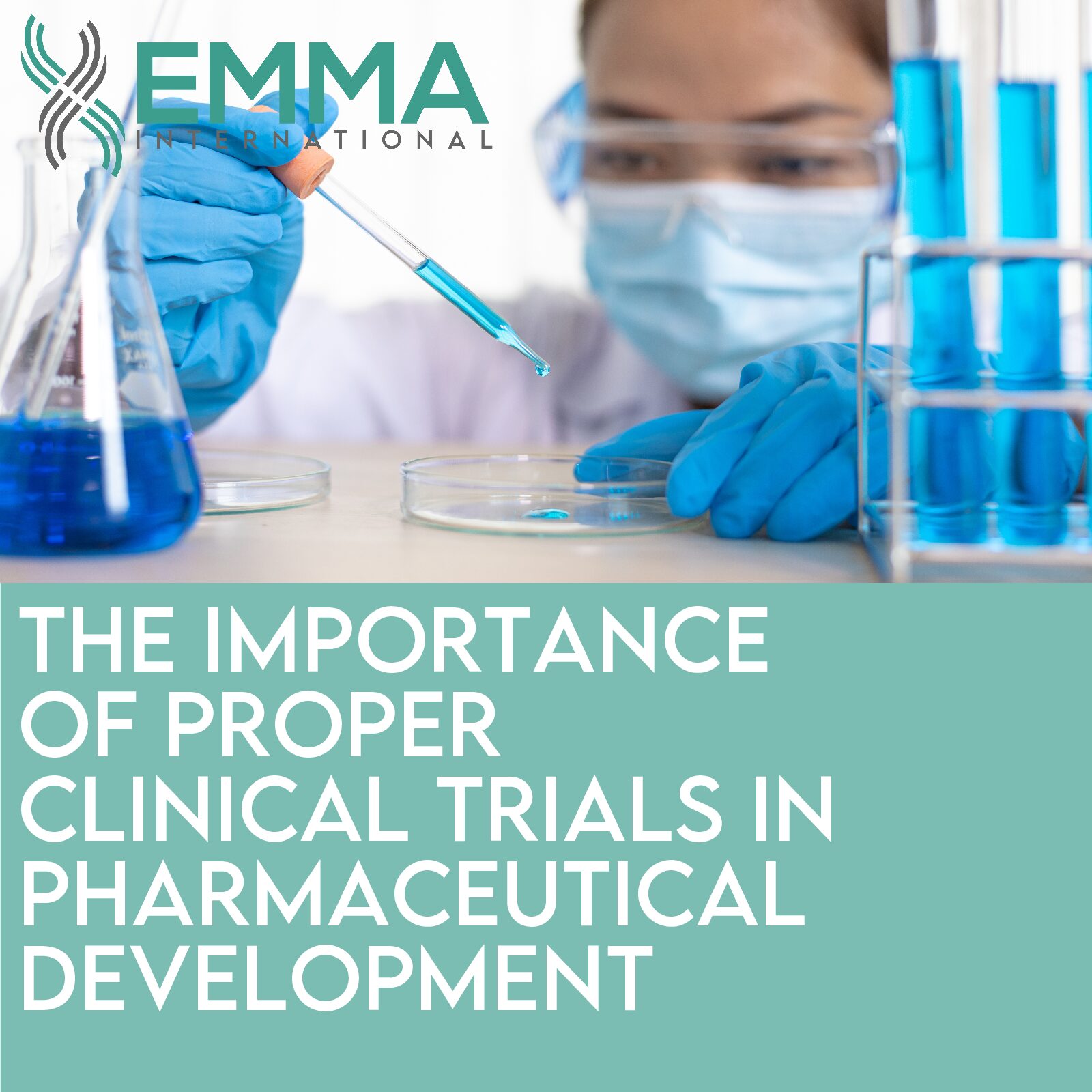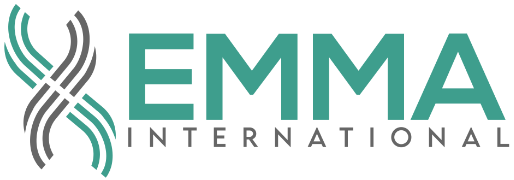The European Union (EU) Clinical Trial Regulation (CTR), officially known as Regulation (EU) No 536/2014, marks a significant shift in how clinical trials are conducted, authorized, and monitored within the EU. Enacted on January 31, 2022, this regulation replaces the Clinical Trials Directive (2001/20/EC) and aims to create a more harmonized, transparent, and efficient framework for clinical trials across all EU Member States. All ongoing trials must transition to the EU CTR by January 30, 2025.
Before the CTR, clinical trials in the EU were governed by the Clinical Trials Directive, which allowed each Member State to implement the directive in its own way. This led to inconsistencies, administrative burdens, and delays in trial approvals, making the EU less competitive in global clinical research. The CTR was designed to address these issues by providing a unified regulatory environment that simplifies and accelerates the clinical trial process.
Key Features of the EU Clinical Trial Regulation
Centralized Submission and Assessment:
The CTR introduces a single electronic portal, the Clinical Trials Information System (CTIS), through which sponsors can submit a single application for approval across multiple EU countries. This system streamlines the submission process, reduces duplication of efforts, and provides a central point for communication between sponsors and regulators.
Harmonized Approval Process:
Under the CTR, the assessment and approval process for clinical trials is divided into two parts:
- Part I focuses on scientific and medicinal product assessments and is conducted jointly by all concerned Member States.
- Part II involves country-specific assessments, such as informed consent procedures and patient recruitment plans.
This dual assessment ensures both scientific rigor and adherence to national ethical standards.
Transparency and Public Access:
The regulation mandates the publication of trial data and results on the CTIS, making it accessible to the public, researchers, and healthcare professionals. This transparency helps build public trust in clinical research and allows for greater scrutiny and understanding of trial outcomes.
Safety and Patient Protection:
The CTR strengthens the safety monitoring of clinical trials by requiring sponsors to report serious adverse events promptly. It also ensures that trials are conducted in compliance with Good Clinical Practice (GCP) guidelines, which protect the rights, safety, and well-being of trial participants.
Streamlined Amendments:
If a sponsor needs to modify an ongoing clinical trial, the CTR allows for a streamlined process for submitting substantial amendments. This reduces delays and helps maintain the momentum of ongoing research.
The EU Clinical Trial Regulation presents both opportunities and challenges for sponsors and researchers. On one hand, the streamlined and harmonized processes can reduce the time and cost of conducting trials in the EU. On the other hand, the increased transparency and stringent safety requirements demand careful planning and robust data management practices.
Sponsors will need to familiarize themselves with the CTIS and ensure that their teams are prepared to navigate the new system. Additionally, compliance with the CTR’s transparency requirements will require thorough documentation and timely reporting of trial data.
Navigating the complexities of the EU Clinical Trial Regulation can be daunting, especially for organizations that are new to the European regulatory landscape. EMMA International offers comprehensive support for clinical trial planning, regulatory submissions, and compliance with the CTR. Our team of experts can assist with:
- Developing and submitting applications through the CTIS.
- Ensuring compliance with GCP guidelines and other regulatory requirements.
- Managing trial data to meet transparency obligations.
- Providing strategic advice to optimize trial design and execution.
By partnering with EMMA International, sponsors can focus on advancing their research while EMMA handles the regulatory and compliance aspects of the EU Clinical Trial Regulation.
The EU Clinical Trial Regulation represents a pivotal change in the European clinical research environment. With its focus on harmonization, transparency, and patient safety, the CTR is poised to enhance the EU’s attractiveness as a destination for clinical trials. However, to fully capitalize on the benefits of this regulation, sponsors must be well-prepared to meet its requirements. EMMA International is here to help you navigate this new landscape and achieve your clinical research goals, get in touch with our team of experts today by calling 248-987-4497 or by emailing info@emmainternational.com.EMA (Jan 2022) Clinical Trials Regulation retrieved from: https://www.ema.europa.eu/en/human-regulatory-overview/research-development/clinical-trials-human-medicines/clinical-trials-regulation






